*Updated August 2021*
The Australian Working Holiday visa (WHV subclass 417) is one of the easiest and best ways to take a ‘gap year’ to live and travel around Australia.
Having resided in St Kilda, Melbourne since May 2018, I have completed two Australia working holiday visa experiences and loved it so much am now on my way to permanent residency. As I’ve experienced the visa process first hand, (twice), so I thought it may be useful to outline some common questions I get asked, some questions I had myself before I applied and pointers generally on moving here to Australia.
Of course I am by no means an immigration expert nor claim to be – this is based purely on my experience of the system and living in Australia (the state of Victoria to be precise). It would be wise to look at the Australian Immigration website to get the most accurate and up-to-date information. However I hope you find my personal experience useful regardless!
Here are some common questions and answers based on everything I know after living in Australia for two years on a Working Holiday visa:
*This post may contain affiliate links meaning should you purchase a product via this link, I’ll earn a small commission at no extra cost to you. See my privacy and disclosure policy for more.*
What is a ‘Working Holiday visa’ and who can get it?
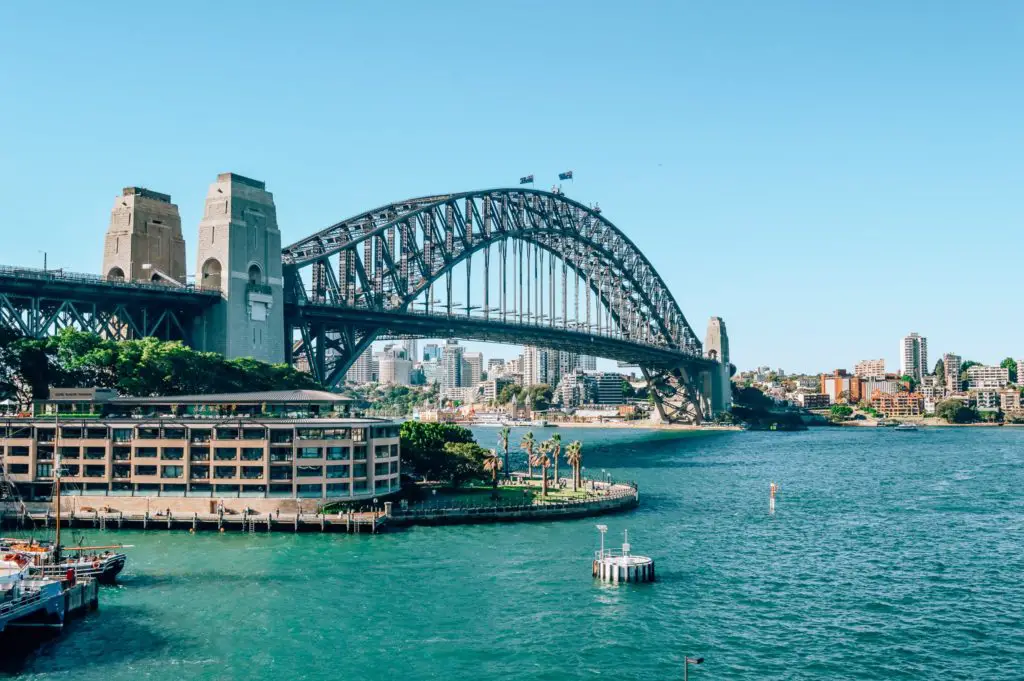
The WHV is initially a 12 month visa that allows people under a certain age to work in Australia and travel. The official subclass for this visa is called a ‘417’. It is essentially a ‘backpackers’ visa so people from select countries can experience life in Australia.
To apply, you must be 18 to 30 years old – except for Canadian, French and Irish citizens who can be up to 35 years old. You cannot bring anyone else, such as dependant children.
Most passports are eligible, but there are a few exceptions. Check the Australian Government Immigration website for more information and to apply for the WHV.
Update: As of 2021, select residents can now get a third year Working Holiday Visa which you can apply for on your second WHV which is incredible news!
How quickly does the Working Holiday visa get granted (and can it get declined)?
Personally I was a bit nervous about spending $485 on the visa for it to be potentially declined without a refund, but I didn’t need to worry. The visa was granted instantly. I actually missed the email entirely as it was that quick (i.e., an auto confirmation of the grant) that I thought it was just an email receipt acknowledging my application!
So long as you don’t have a criminal record and you fit the country eligibility and age criteria, there should be no reason why you shouldn’t get it granted immediately.
Once the WHV gets granted, you have a year from that date to enter the country. Then when you fly into Australia, your one year visa begins on that entry date.
If you apply and don’t enter Australia and let that one year time window lapse, you don’t get a refund.
Can you leave the country?
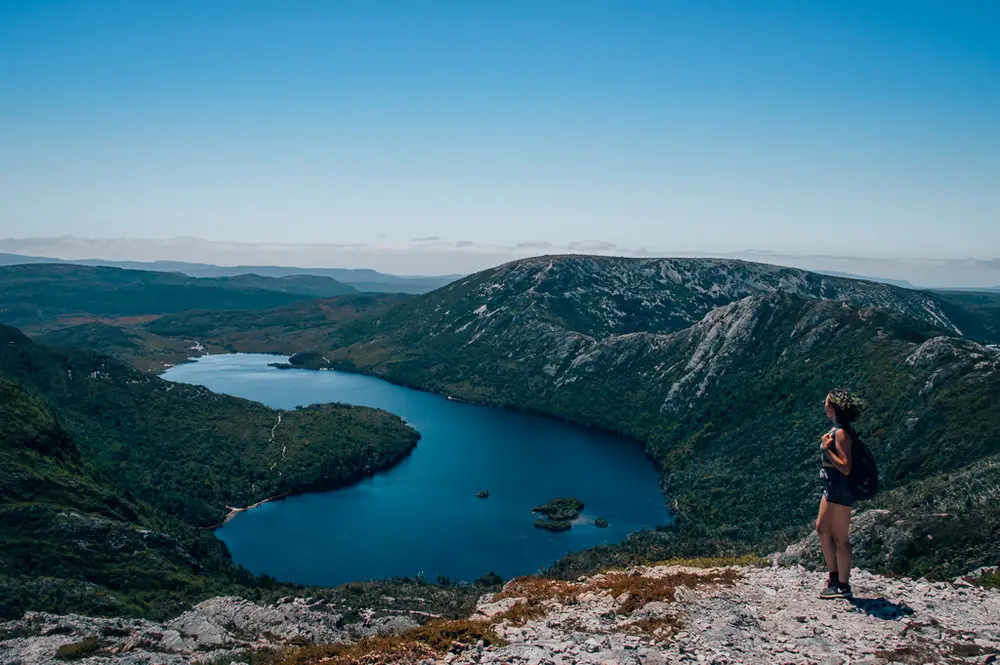
Yes of course! You can enter and leave the country as many times as you like on a Working Holiday Visa.
However once you’ve entered that first time and essentially ‘activated’ it, your one year window begins regardless of how often you are in the country.
How much money do I need to move to Australia?
The Australian government say that you need at least $5,000AUD worth of savings before moving. Do they check your bank account? Well, I printed my bank statement and travelled with it just in case, but no one asked to see it. In fact, I have never heard of anyone who has been ask to prove how much money they have by immigration, but I guess you should be prepared.
You definitely need to have a comfortable amount of money to get yourself set up and cover you whilst looking for work/finding a flat share/travelling etc. I’d guess the equivalent of $4,000AUD, as a minimum, if you’re planning on getting a job straight away. However if you’re travelling immediately, you’ll need a lot more. Transport, accommodation and activities are not cheap.
Is Australia expensive?
When people ask me if Australia is an expensive country, I always say yes and no.
I have noticed toiletries, alcohol and clothing to be more expensive than the UK, for example. But then there are things like petrol and Australian grown foods which are cheaper or on a par with what I am used to. The nightlife and dining out culture is expensive though and as a backpacker, that’s potentially where a lot of your money could go!
Essentially, if you are not working then yes, Australia is quite expensive. But if you keep your head down, get a job and work hard, you can earn and save a lot of money.
Australia has a high minimum wage so a lot of backpackers come over to earn money to take home. The Working Holiday Visa is really what you make of it.
Are there any restrictions?
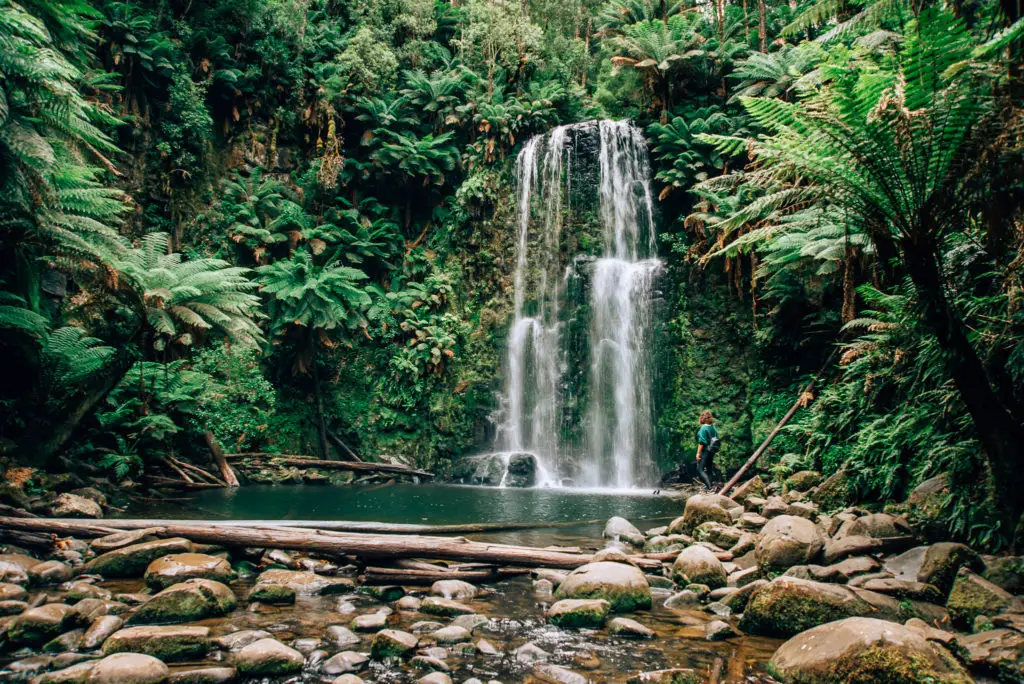
Yes. The main aim of this visa is that it allows you to work short-term in order to save money to travel. In order to prevent you from just working and not travelling, the government have enforced a 6 month maximum limit on working for an employer.
Essentially, you have to change jobs every 6 months. I don’t know how and if they check this, but if you want to come back on another, second or third year WHV, it would be best not to risk breaking the rules. Companies can get fined too.
They do this for a few reasons but mainly to ensure that we keep on moving and do not take up jobs that could otherwise be taken by Australian citizens. It’s really annoying, especially when you find something you love, but I get why it’s a rule.
There’s no restriction on what you can do, but some employers have declined my job application based on my visa status. I have however done short-term full-time marketing contracts for large organisations with no problems. Essentially you can get a ‘proper job’ so long as it’s for 6 months or less. Of course, you may get lucky and your employer offer to sponsor you.
If you and your employer feel like being cheeky, they can also pay you via another division of the company if they have one. Or if you’re employed through an agent and they pay you, there’s nothing stopping you from doing another 6 months directly with the company. So long as your bank statement shows different companies, you’ll likely be fine.
If you want to apply for a second year WHV, you will need to complete at least three months (88 days) of rural work during your first year visa. This is otherwise known as ‘farm work’.
As mentioned the Australian Government have also introduced a third year Working Holiday visa. In order to be eligible, you need to have done at least six months of rural work on your second year visa. There is talk about dropping this requirements, so it would be best to look up whether this has been actioned.
On all WHV’s you are also not able to study for any longer than 4 months. If you want to come to Australia to study, you need an entirely different visa altogether.
What is this ‘farm work’?
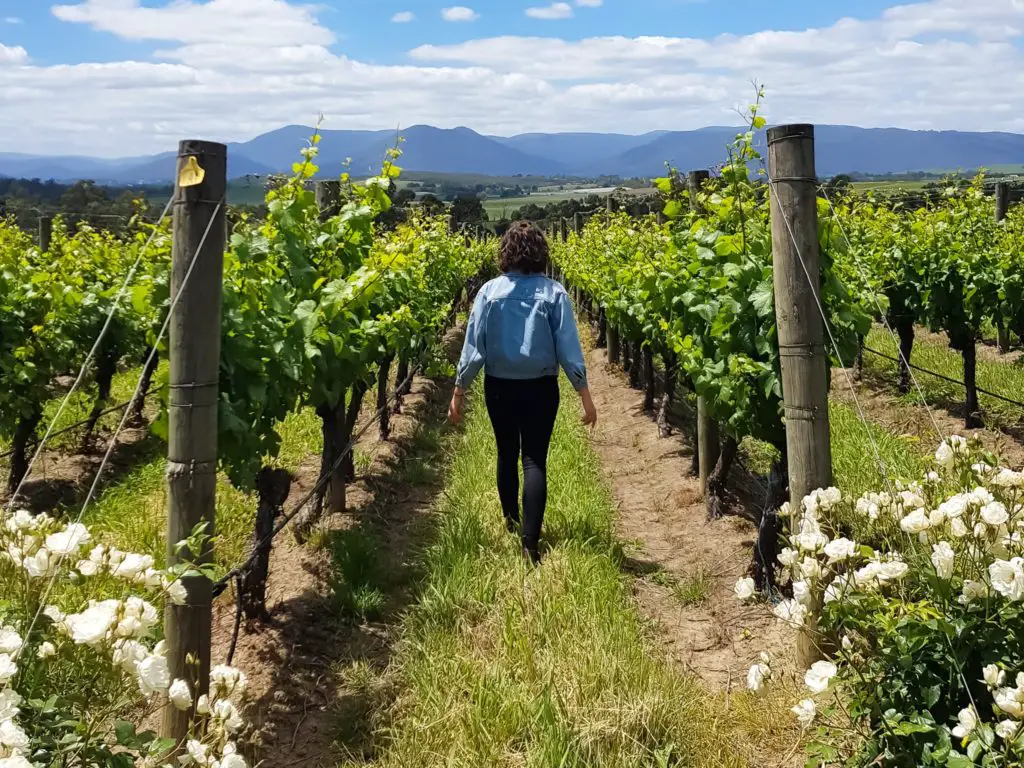
If you want to stay longer than one year, you can apply for a second year Working Holiday visa. However you have to do 88 days of work in agriculture or within certain industries in rural areas to help out with job shortages. Essentially you have to ‘earn’ it.
Beforehand it is obviously important to check what postal codes are acceptable for ‘farm work’ and in what industries you can work. You are required to enter this information when applying for your second year visa online, so if you’ve done three months of work that is not valid, it can get declined!
Due to the recent bush fires, paid or voluntary bush fire relief also counts towards your rural work requirement (which is great news.)
Common jobs are fruit/vegetable picking and planting and working on dairy farms. I worked at a winery operating press machinery and transferring grape juice to tanks in a rural region. It was physically and mentally demanding work but well paid and fun – I would highly recommend working at a winery! I managed to save over $8,000AUD too.
You do hear a lot of horror stories about rural work though; brutal hours, exploitation, high rent (in properties owned by the farmers) and poor pay. It is essential you do you research before you work anywhere to ensure good conditions and get the minimum pay ‘award rates’.
If you know someone who did a WHV, I would absolutely recommend asking them about their employment and if it was good, perhaps they can recommend you.
What if I want to ‘settle’?
You can! Although technically this is a work AND holiday visa with working limitations, there is nothing stopping you from moving into a place and not travelling at all.
Having travelled the east coast of Australia for two months in 2014, I decided that this time around I wanted to stay just in Melbourne. Aside from a few weeks here and there to travel Tasmania, overseas trips and gaps between jobs, I have pretty much done this myself.
I live in a property with my Australian partner who I met our here, work contracts and spend my weekends sightseeing and exploring the state of Victoria as much as I can. It’s been a fantastic insight into life out here and I adore the laid back and fulfilling lifestyle.
I’ve arrived to Australia on my WHV, what should I do first?
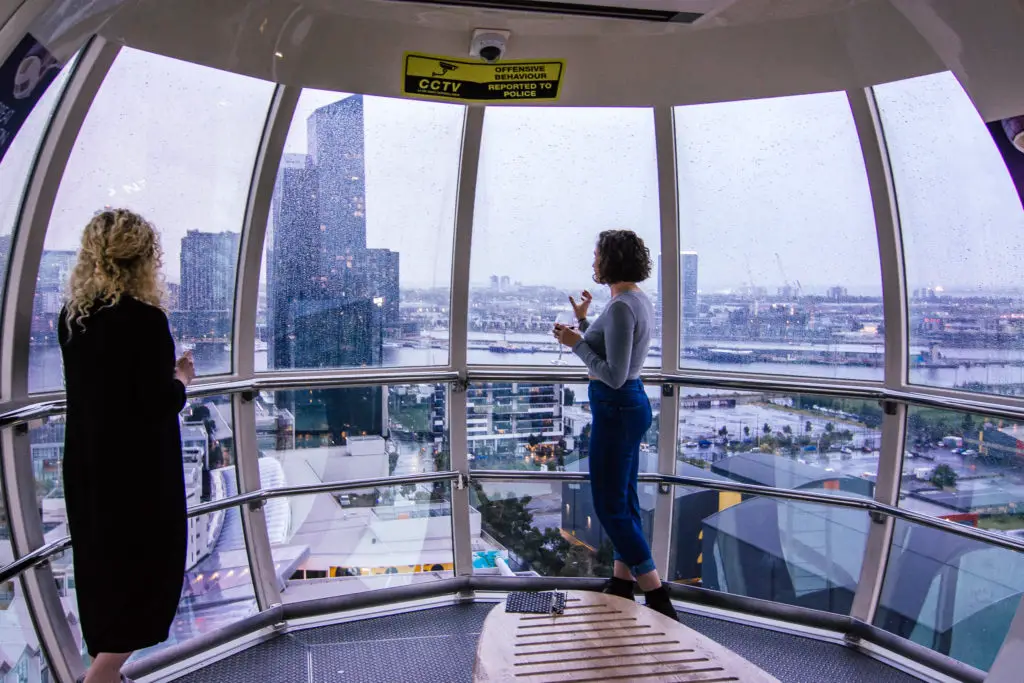
Presuming you have booked yourself into a hostel, hotel or you’re staying with friends/family, I’d recommend you just use the first few days to settle and get organised.
To start with, you’ll need a couple of staple things before you can work and travel:
- Australian sim card – I would recommend going with the Australian based network Telstra. I went with Vodaphone and haven’t been very happy with them. Outside of the main cities, the coverage is appalling. Telstra cover a lot of rural areas.
- TFN number – This is your ‘tax file number’ which you must have in order to pay tax and therefore be employed in Australia. It is an easy process to sign up and obtain one. Head to the Australian Tax Office (ATO) website for more.
- Australian bank account – Obviously if you want to work and travel around Australia, you will need to open a bank account. In my experience, you are not permitted to open an account online as it will be your first Australian account. However just bring your passport to a branch and you’ll likely be able to open an account there and then. Alternatively, you can ring up in advance and book an appointment. I have an account with Commonwealth Bank. They have fairly low fees and their phone app to keep track of your money is one of the best around.
- Medicare card – This is the public health service in Australia. If you have a public health system in your home country such as the UK, you’re likely able to get a ‘reciprocal’ Medicare card that gives you free health care in Australia.
Once you have these four basic things in place, you’ll be set to go.
Is it easy to get a job and where should I look?
In all honesty, not really. There are a lot of tourists looking for the typical backpacker jobs such as bar or cafe work so jobs get snapped up quickly. A lot of people don’t bother posting jobs online for this reason. Your best bet is job hunting the good old fashioned way and walking in with a copy of your CV.
That being said, for hospitality jobs, I found the most useful and responsive job search site to be Jora. For bar work, it absolutely has to be bartender groups on Facebook. If you’re thinking about working in Melbourne, the Melbourne Bartender Exchange group is the best.
For all other work, I would look on the standard websites such as Gumtree, Seek and Indeed. As I mentioned previously, you may find many employers don’t employ 417 visa holders, so keep an eye out for that.
Do I need a car?
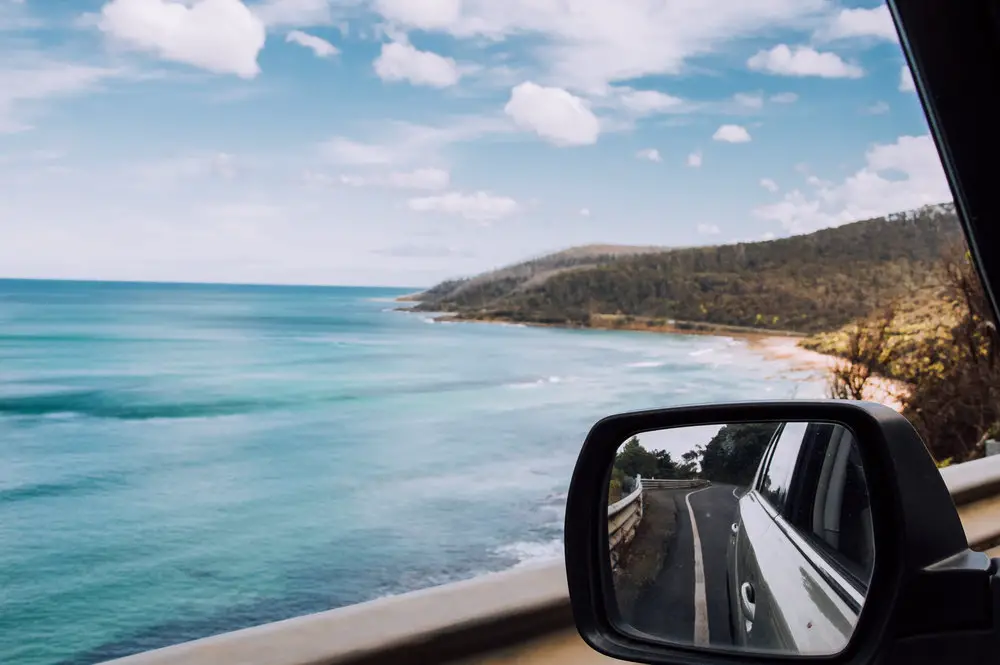
If you’re planning to live in a city or small town, or just travelling Australia, you don’t NEED a car, no. Public transport is readily available such as the metro in Sydney and trams in Melbourne. There are also interstate buses such as Greyhound Australia, offer good value land transport.
However if you do drive, there are massive benefits to buying a car. First of all, it completely opens up the locations for job hunting. I personally found that as soon as I got a car, I managed to get a job in a suburb 30 minutes away. You also have the option of going somewhere rural.
If you’re travelling Australia, having your own vehicle is a great way to meet people, see and do more and keep your transportation costs down.
You have to be a confident driver though. Do not underestimate how huge, hot and empty parts of Australia are. On road trips in Australia, you’ll need to be prepared, look out for wildlife such as kangaroos (which can write your vehicle off), and have a reliable car suitable for potential ‘off roading’. You can be driving for days in the wilderness and not see a single person in some parts of the country.
My recommendation – if you do drive then getting a car will absolutely enhance your Australia experience.
What happens if I want to stay on after my WHV ends?
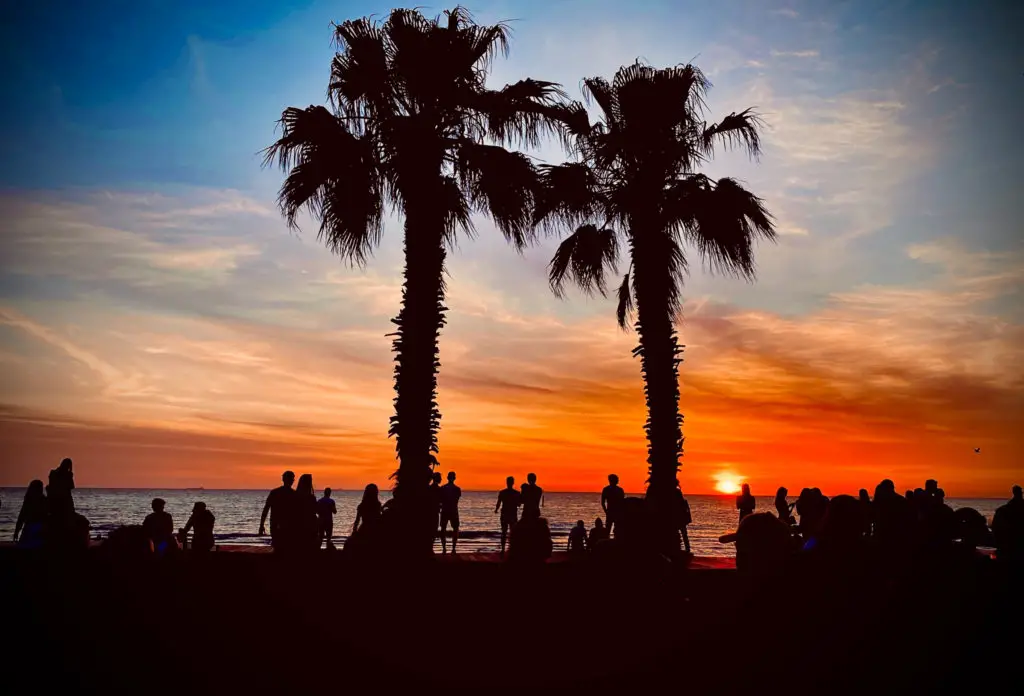
When your WHV is up (i.e. you’re either on your last one or haven’t done the necessary farm work to get another), then your first option is unfortunately simply leaving.
Australia are extremely strict about overstayed visas. If you do, you’ll get fined, aggressively questioned at immigration and face a travel ban for at least 3 years so you can’t come back.
If you want to stay in Australia longer, then you only have a handful of options.
The first is with the 3rd year WHV that has recently been introduced. However a the time of writing you’ll need to do 6 months of farm work, (not 3) in order to qualify for it.
If you are lucky, your employer may sponsor you. If this is not an option, you can occasionally find job listings stating that they are willing to sponsor the right candidate.
If you have a ‘skilled’ profession that is in demand in your state, such as nursing, then you may also be able to stay on and get a skilled visa. It would be best to speak to a migration agent as there are strict eligibility terms.
Your other options are a defacto Partner Visa which is what I am on, if you have an Australian partner that you have been living with for over a year.
Lastly, you could leave the country and get a three month tourist visa and enter again. Unfortunately you can’t work on a tourist visa though.
For advice on staying in Australia beyond a WHV, it would be best to speak to an immigration agent or find more information on the Australian Government website.
One thing to do before you leave Australia…
All Australian employers are required to pay money into a ‘superannuation’ – essentially an invested pension scheme. Australian citizens can only access this money when they reach a certain age. But did you know that you, as a temporary resident, can access some of this money when your visa is up?
OK, unfortunately it is not the whole amount as you get taxed a whopping 65%, but it’s still a pleasant bit of ‘free money’. So many backpackers forget it’s there and never claim it!
Just log into your superannuation host account online and apply for your withdrawal once you’ve left. It may well be a few thousand!
Due to COVID-19, the Australian Government are currently allowing people to withdraw up to $10,000 tax free from their Super. I got accepted for the reimbursement living in Australia on my current WHV which means I get it in full and not less the 65% tax! Definitely look into this on the ATO website and apply through the MyGov portal if you’re eligible.
Whether you’re planning on settling for a while or delving straight into travelling around Australia, you’ll have a brilliant time in one of the most liveable countries in the world! I hope reading about my Australia Working Holiday visa experience has been useful!
This information was correct at the time of publishing, but of course please don’t take my word as gospel. Check the Australian Immigration website for the most up-to-date information.
Heading to Australia soon? Don’t forget these essentials!
Flights: compare and search using Skyscanner
Accommodation: hotels to hostels, glamping to apartments I always use Booking.com
Tours: to search and compare the best group tours and activities worldwide (with up to 20% off), use Viator
Visa: don’t forget to check the entry requirements for Australia on the government website for the passport you are travelling with
Inspiration: Lonely Planet’s guide to Australia or for your next trip, how about Lonely Planet’s Guide to the World?
PIN ME FOR LATER:
*This post may contain affiliate links meaning should you purchase a product via this link, I’ll earn a small commission at no extra cost to you. These are still products I use or believe in regardless. See my privacy and disclosure policy for more.*

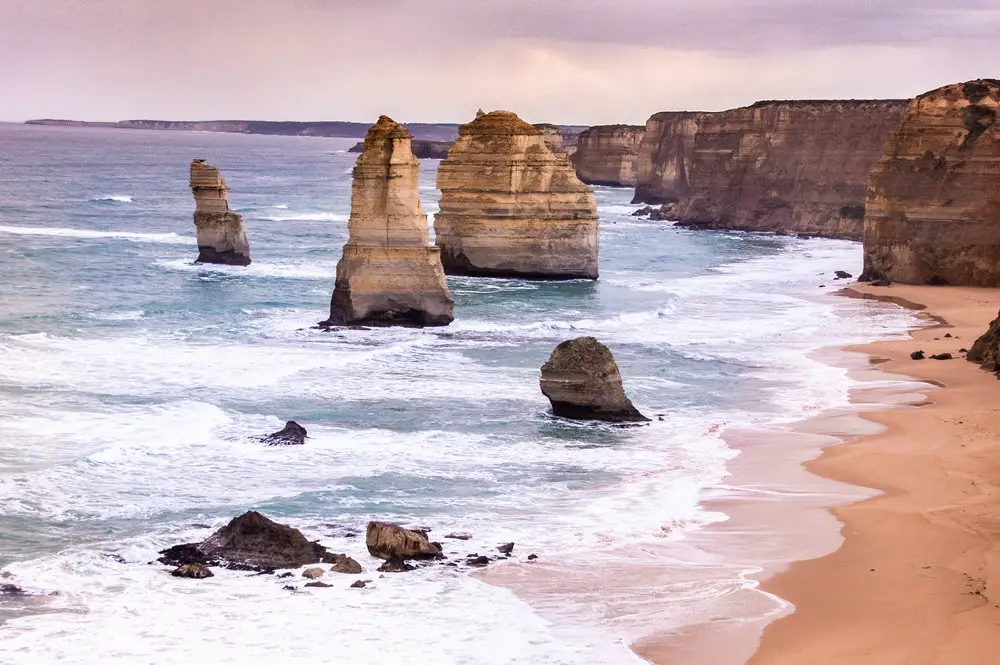
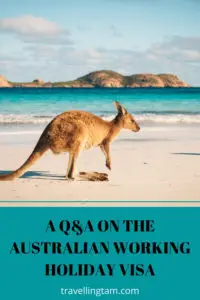
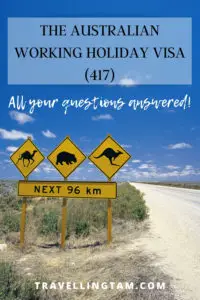
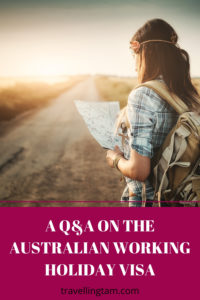
sucha a great guide… I’ve been looking for some information on working visa for my friend. I’m sending it over to him. Thanks xx
Aw I’m glad – thanks for your comment lovely 🙂
I spent a year in Australia on a working holiday visa and LOVED it. I unfortunately didn’t realise that I had to get my 88 days in BEFORE I turned 31 and not just before the end of my current visa so I was unable to get my second year. My other half missed out on his too, though being from the USA his requirements for a second year were a bit different. We’re itching to go back!! Such a helpful post that I wish I’d had before I went!
Eeek!! I didn’t realise that there is an age limit to the farm work, I would have thought it was before the end of the visa – how strange! Such a shame but glad you made it over here for a bit at least!
This is so super helpful! I actually have a few friends who have gotten this and loooooved their experiences in Australia. I love how comprehensive it is!
– Lily
The working holiday is the best, I’m sure they did love it 🙂
wish I had done this when I was young enough!
Aww but there’s always tourist visas! 🙂
What a comprehensive guide! I used to intern in Sydney and considered getting a working visa but never followed through – maybe I’ll go for it one day, thanks for inspiring me! 🙂
Ah I’m glad, thanks Jiayi 🙂